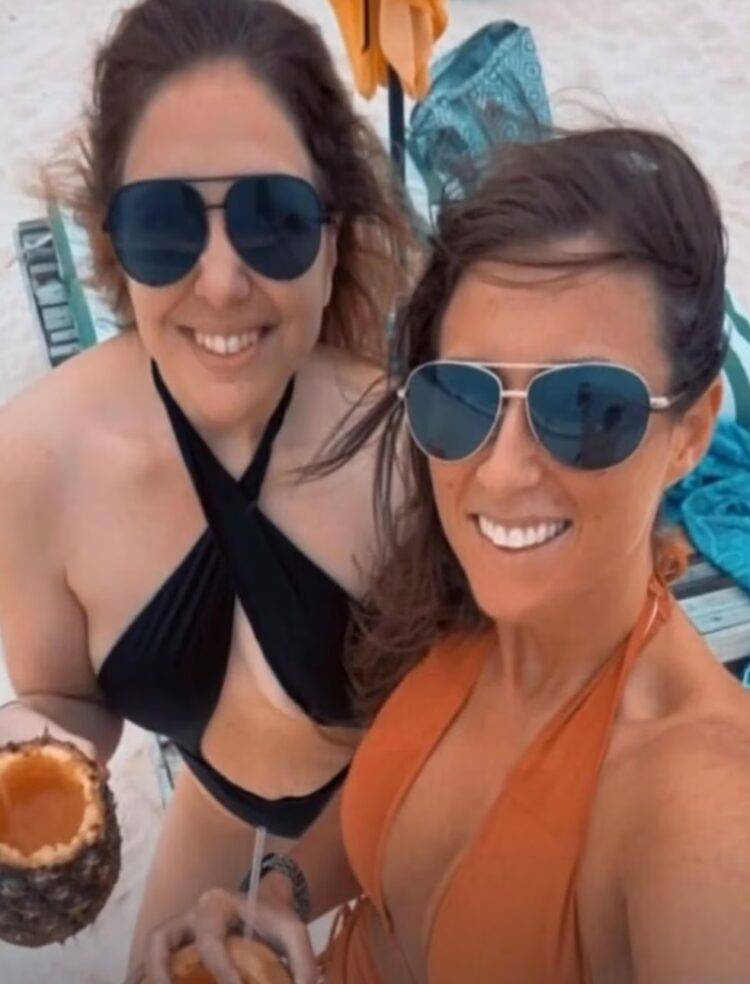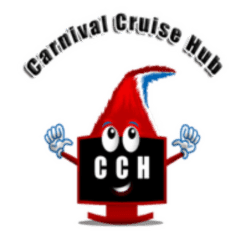Introduction to the Incident
In a disturbing event that unfolded in February 2024, Amber Shearer and Dongayla Dobson, two mothers from Kentucky, embarked on a vacation that took a nightmarish turn. They were passengers on the Carnival Elation, setting sail from Jacksonville, Florida, with the Bahamas as their idyllic destination. Their anticipation for relaxation at Grand Bahama Island was shattered when they visited Pirates Cove on a Carnival excursion, leading to allegations of being drugged with benzodiazepines and sexually assaulted by resort staff. “They were given drinks — a coconut and pineapple drink — spiked with a series of drug and narcotics,” Gerson told the USA TODAY. “They became inebriated and were both taken away and raped.”
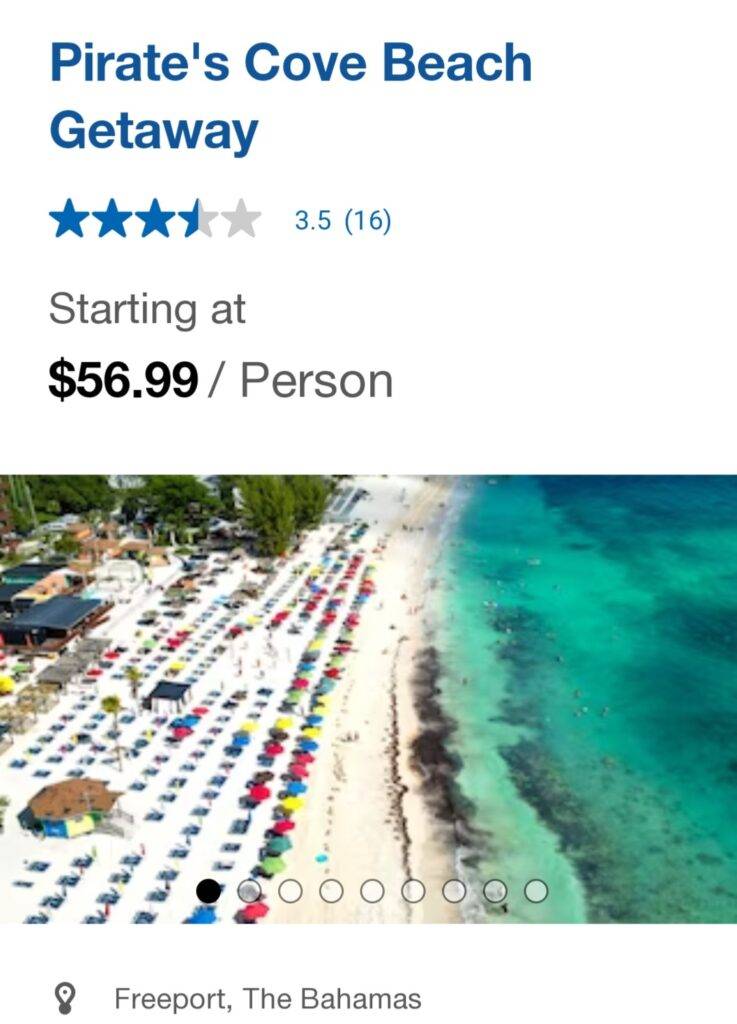
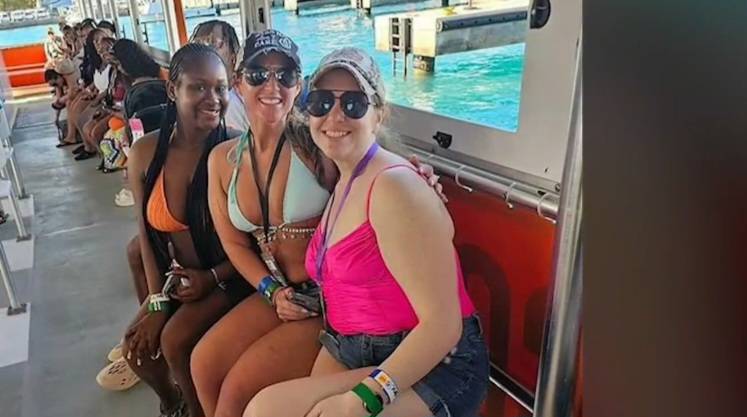
One of the women told Cuomo she and her friend went to look for seashells for their children with “a male resort employee” and the next thing she remembered she “was waking up while she was being assaulted by a uniformed male resort staffer.”
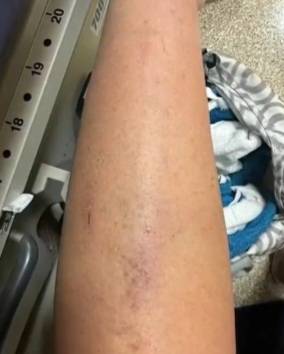
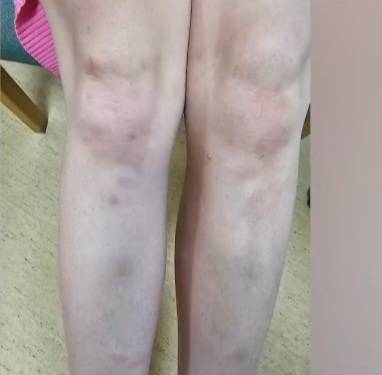
This case has since mobilized a significant investigative response, roping in the Royal Bahamas Police Force and the FBI, spotlighting crucial issues around tourist safety and resort accountability.
Contradictions Arise with Surveillance Footage
A pivotal development emerged when Pirates Cove officials issued a statement on February 7, 2024, directly contesting the allegations. The management disclosed that their surveillance footage did not corroborate the victims’ account of the events. According to their review, both the allegations made at the site and those circulated via social media and news outlets conflicted with the time-stamped surveillance video contents. As a result, they have submitted the extensive video evidence to the local police and pledged to share it with industry partners, indicating the complexities surrounding the case.
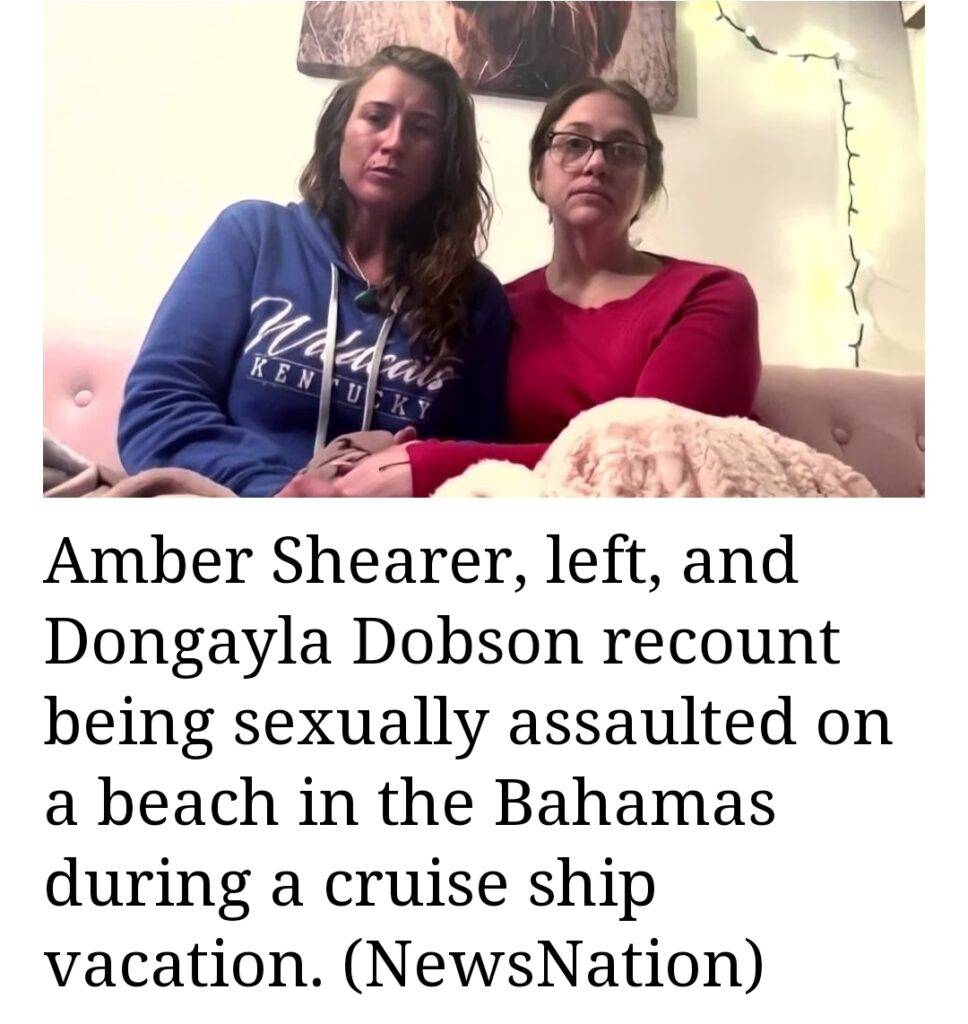
Immediate Law Enforcement and Cruise Line Reactions
In the wake of the allegations, Bahamian authorities promptly detained two individuals, a 54-year-old from Eight Mile Rock and a 40-year-old from South Bahamia, reflecting the urgency with which the local law enforcement approached the situation amid broader concerns for tourist safety. Concurrently, Carnival Cruise Line addressed the distressing situation by providing immediate support to Shearer and Dobson. The cruise line underscored its zero-tolerance policy towards illegal activities aboard its vessels and facilitated medical examinations that confirmed the presence of illegal substances in the victims’ systems, substantiating their claims of being drugged.
Medical Assistance and the Dispute Over Examinations
The narrative around medical assistance has been mired in controversy. Shearer and Dobson contended that they were initially denied rape kits and medical examinations by the Bahamian authorities—a claim countered by the police, who argued that the women declined such examinations. This contention highlights the challenges in protocol and response to sexual assault allegations in tourist locales.
Public and Eyewitness Perspectives
The incident has elicited a wide range of reactions, with some doubting the women’s allegations, while others, including independent eyewitnesses, have offered corroborative accounts that lend credence to their story. The supportive testimonies from other tourists and cruise passengers present during the incident have added a layer of complexity to the case, emphasizing the importance of eyewitness evidence in such situations.
The Role of the FBI and the Path Forward
The involvement of the FBI in this case signifies the seriousness of the allegations and the intricate challenges in prosecuting crimes that occur across international jurisdictions. This involvement points to the broader implications for tourist safety and the mechanisms in place to protect travelers from potential harm.
Conclusion: A Call for Transparency, Safety, and Justice
As investigations by both Bahamian authorities and the FBI continue, there is an amplified call for enhanced safety measures, transparent communication, and immediate support for victims of assault within the tourism industry. The resolution of this case could set new standards for how tourist destinations address and prevent assault incidents, ensuring a safer environment for all travelers.
The experience shared by Shearer and Dobson has sparked essential discussions about accountability and the need for comprehensive support systems for victims of crime in tourist settings. Their ordeal serves as a compelling narrative, urging for actionable change in the tourism industry, advocating for a future where safety and support are paramount.


